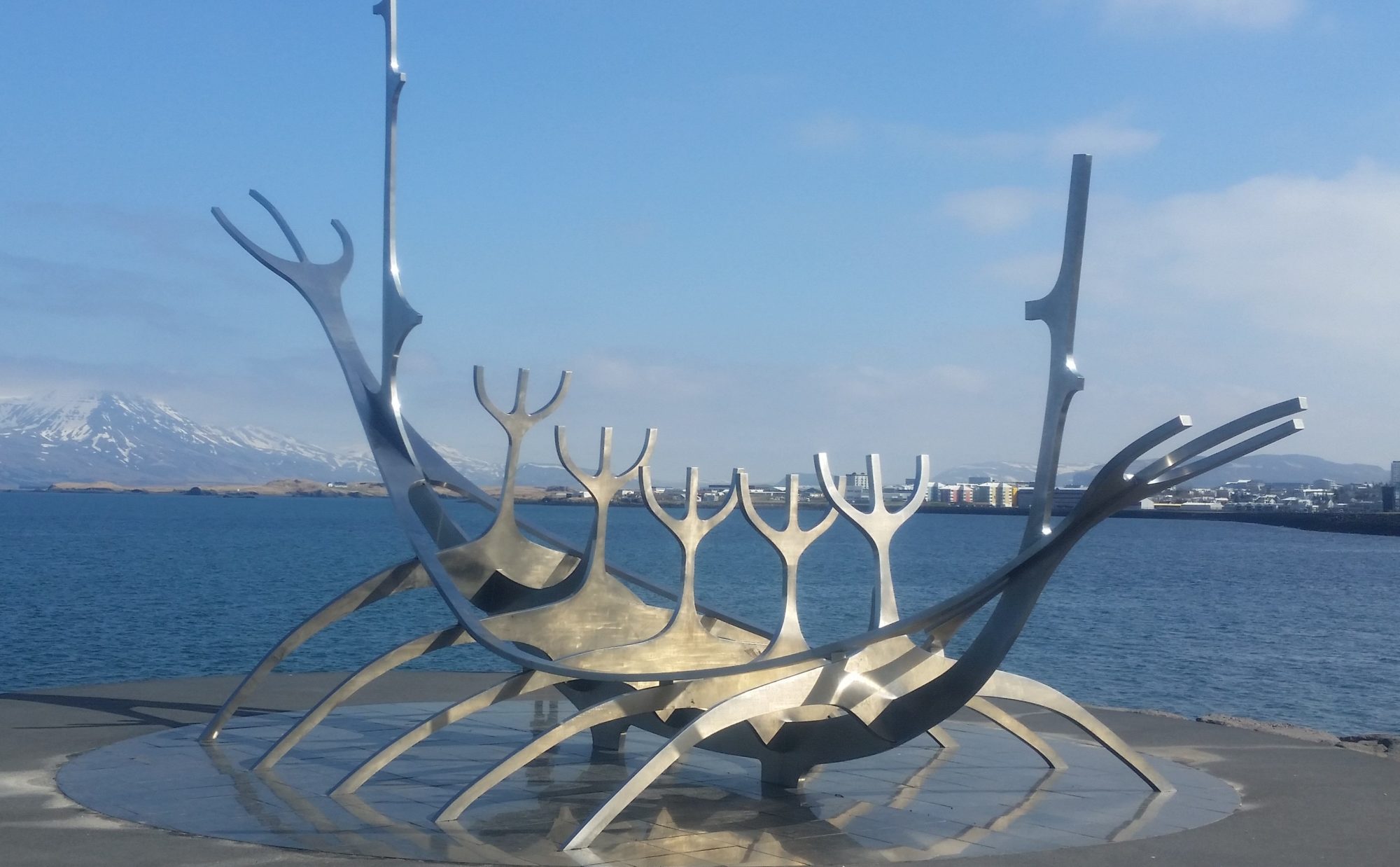Back to: Human Rights: Overview
This organization has a set of international learning projects for students to become more aware about human rights issues. Access more information at http://www.generationhumanrights.org/clasroomprograms/
TELLING HISTORY PROJECT
Understanding the Past to Create the Future Classroom Programs!
Bring us to your school!
Generation human rights classroom programs guide students to understand the effects of profound world events- those that challenge through violence and injustice as well as those that inspire commonality and the pursuit of truth via academic, experiential, and art-based curriculum.
Our classroom workshops incorporate visual and cultural experiences that expand students concept of community and enable them to connect to the greater ‘global village’. We provide academic, experiential and art-based workshops that enable students to investigate world events, problem solve and become actively engaged in the global community. Each unit includes a photography exhibit and a classroom video.







